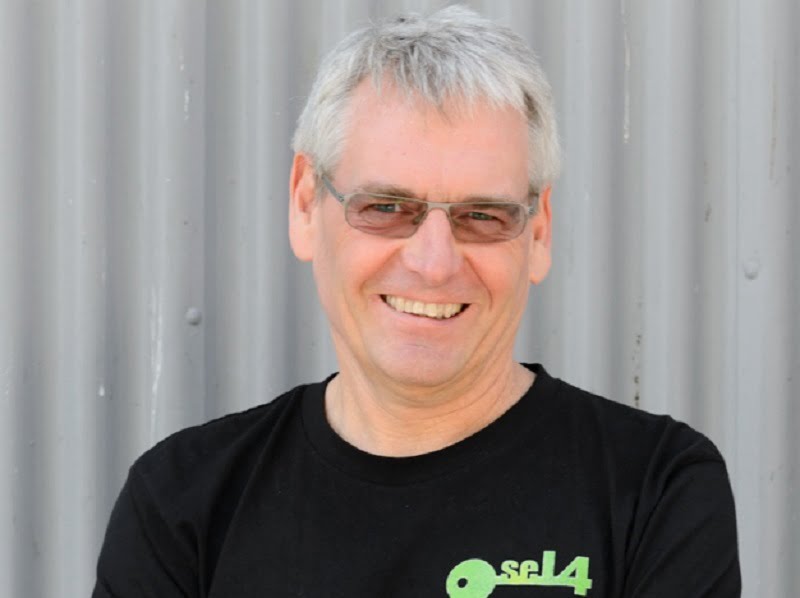The world-leading Trustworthy Systems security research team dumped by Australia’s science agency earlier this year has signed a deal with a Swiss technology company to develop cyber network safeguards for human rights groups.
Announced on Monday by UNSW, which picked up the Trustworthy Systems team after it was controversially disbanded by CSIRO in May, the research agreement is with Swiss company Neutrality.
It will see the locally developed seL4 microkernel technology deployed for secure communications between rights groups and NGOs operating in conflict areas.

The seL4 microkernel creates secure isolation between computer programs, making them extremely difficult to hack and limiting the damage of any compromises.
“This project aims at protecting communications of humanitarian and other non-government organisations from cyber-attacks, which often result in loss of lives,” UNSW Trustworthy Systems leader and John Lions Chair, Scientia Professor Gernot Heiser said.
“UNSW’s Trustworthy Systems group will work with Neutrality in the development of such secure communication, leveraging the mathematically proved security enforcement provided by our seL4 microkernel technology.”
Professor Heiser and the Trustworthy Systems invented seL4 microkernel currently in use around the world. Despite being regarded as world leading, the team was dumped by CSIRO in May because the science agency did not believe it was feasible to spin out the research in Australia and that it didn’t fit with the agency’s new focus on AI.
The decision to disband Trustworthy Systems and the purported reasoning behind it has been challenged by Professor Heiser, who has labelled the science agency dishonest and contradictory.
When cut from CSIRO, Trustworthy Systems said it immediately received interest from international buyers but was able to stay together after being picked up by UNSW. Trustworthy Systems is now a research group at the School of Computer Science and Engineering of UNSW Sydney.
New research partner Neutrality’s co-chief executive Stevens Le Blond said the organisation looked forward to collaborating with UNSW and Trustworthy Systems on secure communications for human rights groups.
“To carry out their mission and mandate, these organisations must operate in hostile environments such as armed conflicts, where geopolitical tensions make their staff and beneficiaries potential targets for digital surveillance and threats,” Mr Le Blond said.
“There can be life-or-death consequences for human rights defenders, humanitarian workers, and other courageous women and men delivering lifesaving missions and mandates in highly complex operating environments.”
“We will utilise seL4 to isolate operating system services from each other, thus limiting the damage a compromised service can cause.”
Professor Heiser said seL4 will be used to isolate operating systems from each other, limiting the damage of a compromised service.
“Specifically, the Trustworthy Systems team will provide the ‘virtual-machine monitor’ layer that enables running mutually-isolated Linux services on seL4,” he said.
Do you know more? Contact James Riley via Email.

